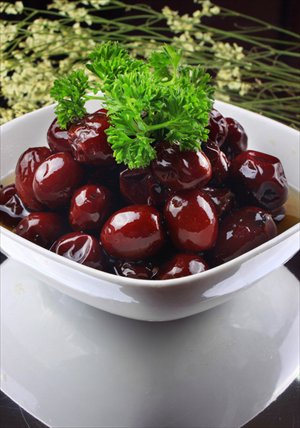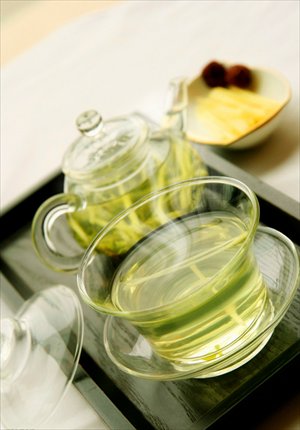Every breath you take
Editor's note
The ancient Chinese created an agricultural solar system – still in use today – that is based upon their observation of crops, climate, astrology, and the study of animal and plant life cycles. The system guided farmers as to when to sow seeds and when to harvest them, and this system has now been in place for more than 2,000 years.
Today, with advances in science and technology, agriculture depends less on this ancient wisdom. But this seasonal calendar still operates as a reference guide for gourmands to seek out the best times for seasonal delicacies and for health experts to plan nutritious diets.
In a single year, the system features 24 "solar terms," each lasting one day and occurring every two weeks. Each has its own name and characteristics. The Global Times is presenting a weekly series examining which foods and delicacies are best enjoyed during these periods, as well as tips on preserving general health.
According to the traditional Chinese calendar, yushui, or "the rains," is the second solar period of the year. Yushui always starts on either February 18 or 19, beginning when the sun reaches a celestial longitude of 330 degrees, and it lasts until March 4 or 5, when the sun reaches the longitude of 345 degrees.
And if we compare the whole of the spring season to a symphony, then yushui can be regarded as its second movement, a variation after lichun (beginning of spring), the first movement.
And during this period, temperatures begin to rise gradually, and warm and wet air from the sea starts to blow towards the north of the country. However, the residual cold air is still reluctant to fade away completely, and odd chilly spells are not completely unknown during this period.
This kind of changeable climate during yushui can easily unbalance people's physical and psychological well-being, especially those who suffer from high blood pressure, arthritis, heart disease or asthma.
Therefore, one important thing that people should remember during yushui is that it is better to wear more rather than less. There is an old Chinese word, chunwu which advises just this.
The Global Times has a number of other tips on how to adapt to circumstances during yushui and to emerge from this period in sound body and mind.
Sitting and lying still
You need to ensure you get enough sleep at this time, and a healthy mood is crucial for good sleep. After entering yushui many people are quick to anger and to suffer mood swings.
Therefore, it is recommended to do something to relax your mood, both at the beginning and end of the day.
It's a good idea to sit still for about 10 to 15 minutes on your bed before going to sleep. Bolster up your hips a little with the aid of a hard cushion, sit with your legs crossed, place your hands on your legs, straighten your spine and stretch your head upwards as much as you can.
During this time, you can watch television, listen to music, or simply follow and count your breathing.
This is similar to basic movements in yoga. And in the early Warring States period (475 BC-221 BC), the Chinese philosopher Zhuangzi suggested a similar method to calm down the mind called tingxi, which roughly means "sensing your own breathing."
When you sit still and become consciously aware of your own breathing, it is said this has a stream-like effect on the body, a stream that quietly and consistently supplies nutrients to the head and brain.
And after awaking every morning, you can also lie still quietly on the bed, while also being aware of your breathing. This is said to be able to be a tonic for the body's organs and to replenish them with energy for the day ahead.

Do some stretching exercises
During yushui people should also do stretching exercises to strengthen their muscles and bones. This is also good for dispelling excess heat from the body and to guard against tightness in the chest, colds and inflammation. But it is recommended not to exercise too strenuously in order to protect your knee joints. Highly recommended activities during this period include yoga, walking after dinner and kite flying.
It is also a good idea to do some very light stretching every hour.

Food and drink recommendations
Red dates (large jujubes) are an especially recommended food at this time of year. There is an old saying in China, meitian sankezao, zhouwen dou ganpao which literally means, "three dates a day, keeps the wrinkles away."
The medical properties of red dates include nourishing the blood and alleviating thirst. They are also popularly used to combat inadequate functioning of the spleen, diabetes and blood problems, which are all more likely to occur during spring.
Eating red dates regularly is also effective in keeping the liver healthy and preventing cancers.
Drinking tea with ginger slices and brown sugar is also recommended during yushui, especially for people who have respiratory problems and pain in their joints.